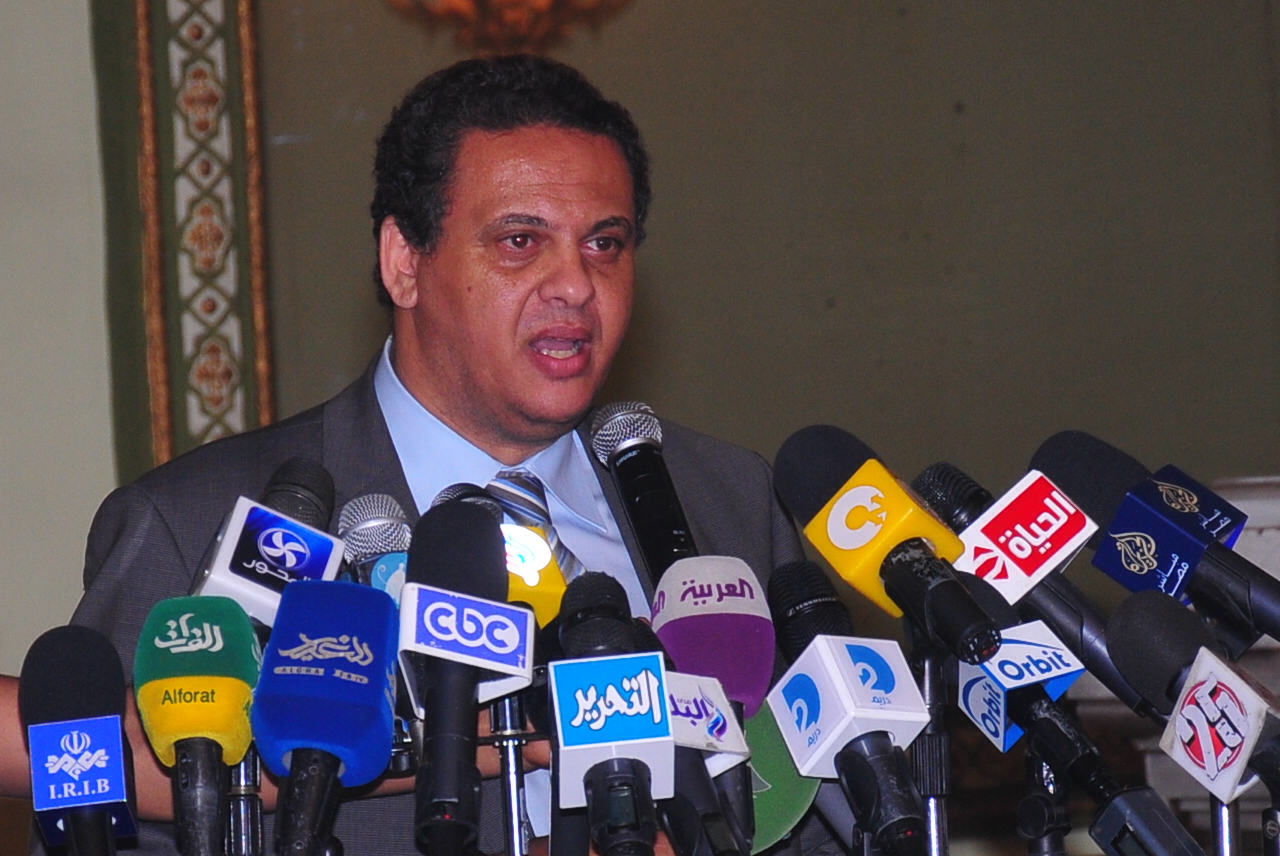CAIRO: The Ministry of Administrative Development’s Transparency and Integrity Report says that organizational development is one of the most important tools for combating corruption.
Issued annually by the ministry’s transparency and integrity committee, the report recommended supporting and enhancing the organizational structure to combat corruption, enforce legislation that criminalizes corrupt officials, activate and develop the role of the media in fighting corruption and enhance the cooperation between the government and civil society organizations.
It analyzes the status of corruption in Egypt by studying its legal, economic and social aspects and offers solutions as well as appropriate mechanisms to execute them.
The report discussed the latest laws boosting transparency issued in the 2008 legislative round, such as the new traffic law, the real estate tax law, the unified building law, the law governing information exchange and the anti-monopoly law as well as studying the positive effect of the new teachers’ salary scheme.
It also pointed to the fact that a total restructuring, legislative reform, skills training and simplifying procedures for services like issuing a passport or registering property, will lead to less corruption.
It called for centralization in making policies but decentralization in executing them.
The report also highlighted the importance of monitoring Citizens Relations Management (CRM) to receive complaints and follow up on them, saying that the CRM had received more than 450 complaints in the last six months through their website as well as 370 complaints through the hotline number 19468.
However, the report blamed the media for failing to raise awareness about the importance of fighting corruption.
“There is a general attitude of blaming corruption only on the government and the political system without focusing on the importance of social cooperation to combat this phenomenon, said the report.
It also chided the media for its lack of objectivity, seasonal coverage, inaccuracy, exaggeration and general lack of professionalism in reporting, calling for a legislation to regulate information exchange and activate the role of the Journalists’ Syndicate to facilitate access to information for the media and applying journalistic codes of ethics.
Egypt ranked 105 out of 180 on the transparency index with a trust index of 3.3 compared to 2.0 in 2003, according to the Corruption Perceptions Index (CPI) report issued by Transparency International.
Another report issued by the Global Integrity Organization in 2007 gave Egypt an overall index of 53 points – very weak – on integrity and fighting corruption.
The ministry’s transparency committee was established in 2007 to set up a national strategy for combating corruption. Members include representatives from civil society organizations and representatives of opposition parties and the Foreign Ministry.
However, the committee suggested including an additional 28 members representing the Central Auditing Agency, the National Council for Human Rights, law makers, economists and journalists.
The report further recommended broadening the field of international cooperation with organizations concerned with fighting graft such as Transparency International, Freedom House as well as UN organizations.
Another recommendation to combat corruption was devising a system of penalty and reward for the civil servants, intensifying punishments leveled against those proven to be corrupt.
Transparency in drafting the national budget was also highlighted.
“Transparency in every step of drafting the budget is necessary to enable the Peoples’ Assembly to monitor the government’s performance, hold it accountable and judge the efficiency of financial policies, said the report.
The current system by which the budget is drafted in Egypt, said the report, lacks transparency, which leads to lack of flexibility and lack of commitment to the previously established priorities.
Several local NGOs such as Egyptians Against Corruption, the Egyptian Transparency Organization and the Egyptian Organization for Human Rights, have been working on fighting corruption but complain that they face a lot of administrative obstacles.
“NGOs face obstacles in establishing themselves; for example, we have to get security approvals as well as the approvals of many administrative departments of the state, Ahmed Wafi, general coordinator of Egyptians Against Corruption, told Daily News Egypt.
“We are limited in our field work because we have problems dealing with ordinary people because of administrative procedures, Wafi added.
“Our role is to help direct people who reveal corruption cases to professional lawyers and specialized organizations that can help them.
The fight against corruption in Egypt has improved, he admitted, hailing the fact that discussing the situation openly was a positive step.


